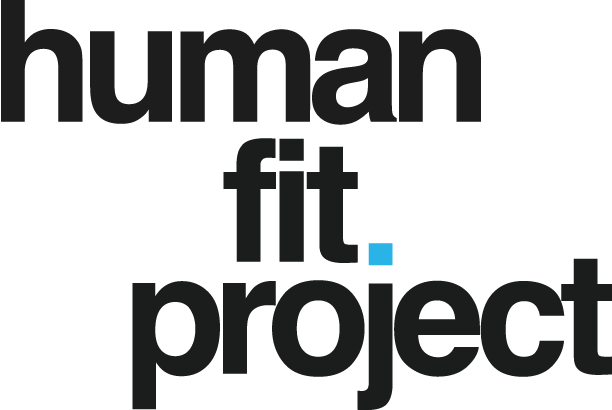Proper nutrition is the difference-maker between hitting your goals and not. You can have the best workout plan in the world, without the right goal-based nutrition plan to go with it, you’re fighting an uphill battle. Whether you’re aiming to build muscle or improve your endurance, your dietary choices and habits can significantly impact your progress.
What makes nutrition a bit tricky is that your plan could look a lot different based on your goal. For example, if you want to change your body composition, your nutrition plan is going to look different than if you want to increase your endurance like a distance runner or triathlete.
Below, we breakdown how it might look different so you can tailor your nutrition according to your goals.
Related: Intuitive eating for lean muscle isn’t as easy as it sounds
Related: 6 steps to starting a new diet that works for you
Goal-Based Nutrition: Macronutrient Differences
Protein
Higher protein intake for muscle building: Building muscle requires an increased protein intake to support muscle growth and repair. Aim for 1.2 to 2.0 grams of protein per kilogram of body weight daily, focusing on high-quality sources such as lean meats, dairy, eggs, and plant-based options like beans and tofu.
Moderate protein intake for endurance training: Endurance athletes still require protein for recovery and maintaining muscle mass, but their needs are slightly lower. Aim for 1.2 to 1.6 grams of protein per kilogram of body weight daily, focusing on quality sources.
Carbohydrates
Moderate carbohydrate intake for muscle building: While carbohydrates are important for energy, muscle builders should focus on a moderate intake to support their workouts and recovery. Aim for 3 to 5 grams of carbohydrates per kilogram of body weight daily, prioritizing complex carbs like whole grains, vegetables, and fruits.
Higher carbohydrate intake for endurance training: Carbohydrates are the primary fuel source for endurance athletes, making them essential for sustained energy. Aim for 6 to 10 grams of carbohydrates per kilogram of body weight daily, focusing on complex carbs for sustained energy release.
Fats
Sufficient healthy fats for muscle building: Healthy fats are essential for overall health, hormone production, and providing energy. Muscle builders should aim for 0.5 to 1.5 grams of fat per kilogram of body weight daily, focusing on sources like avocados, nuts, seeds, and fatty fish.
Adequate healthy fats for endurance training: Endurance athletes also require healthy fats, particularly for longer events. Aim for 0.5 to 1.0 grams of fat per kilogram of body weight daily, prioritizing the same healthy fat sources as muscle builders.
Meal Timing and Frequency
Muscle building
Frequent meals and snacks to support growth and recovery: Muscle builders should aim for 5-6 smaller meals or snacks throughout the day, ensuring a steady supply of nutrients to support muscle growth and recovery.
Endurance training
Focus on fueling before, during, and after workouts to maintain energy levels: Endurance athletes should prioritize meals and snacks that provide sustained energy for their training sessions, emphasizing pre-workout, intra-workout, and post-workout nutrition.
Pre- and Post-Workout Nutrition
Muscle building
Emphasize protein and carbohydrates for recovery and growth: Post-workout nutrition for muscle builders should focus on a combination of protein and carbohydrates to support muscle repair, growth, and glycogen replenishment. Aim for a 3:1 or 4:1 ratio of carbohydrates to protein within 30-60 minutes after training.
Endurance training
Focus on replenishing glycogen stores and maintaining energy levels: Endurance athletes should prioritize carbohydrates in their post-workout nutrition to replenish glycogen stores and maintain energy levels. Protein is still important for recovery, but the focus should be on a 3:1 or 4:1 ratio of carbohydrates to protein.
Remember, Goal-Based Nutrition is Make or Break
Understanding the key differences in nutrition strategies for muscle building and endurance training is crucial for optimizing your progress toward your fitness goals. You must tailor your macronutrient intake, meal timing, and pre- and post-workout nutrition based on whether you’re aiming to build muscle or improve endurance. And by adopting the appropriate nutrition plan, you’ll be better equipped to support your workouts, recovery, and overall progress in achieving your fitness goals.
We definitely encourage you to consult a registered dietitian or nutritionist to help develop a personalized nutrition plan that meets your specific needs and preferences.
Don’t forget to follow us on social media: Instagram, Facebook, and Twitter.
Got a question or feedback? Hit up Mike on Instagram, Facebook, and Twitter.
Be first to know about our latest content drops! Sign up for our monthly newsletter.

